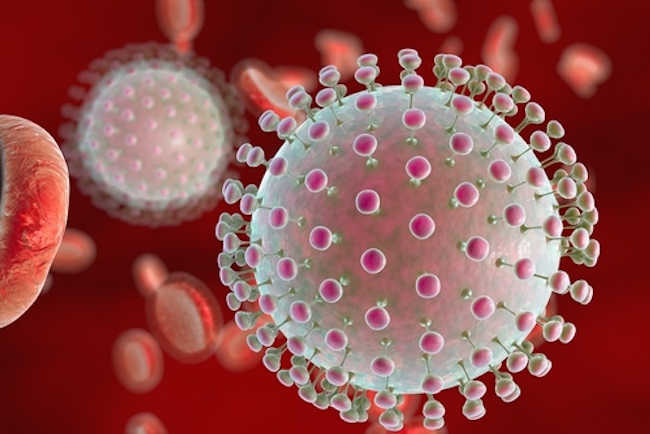
Features
Research
Canadian researchers join global efforts to study Zika virus
Three teams of Canadian scientists will collaborate with Caribbean and Latin American researchers to study the Zika virus, a partnership between the Canadian Institutes of Health Research (CIHR) and the International Development Research Centre. This is part of a $3-million investment for Zika research announced by Health Minister Jane Philpott in May 2016.
March 17, 2017 By Massage Therapy Canada staff

The teams are as follows:
Dr. Tom Hobman, from the University of Alberta, and his team will study how the Zika virus changes host cells during infection, with the goal of developing anti-viral therapies that can be used against the virus.
Dr. Keith Pardee, from the University of Toronto, and his team will test a new, low-cost tool to rapidly detect the presence of Zika virus in patients’ bodily fluids. The new diagnostic tool is designed to be used in remote, under-resourced locations and will be field-tested in Ecuador, Brazil and Colombia. Current tests to diagnose the Zika virus are time consuming and prone to false positives due to the possibility of a patient’s prior infection with other flaviviruses such as dengue.
Dr. Beate Sander, from Public Health Ontario, and her team will conduct field studies in Argentina, Colombia and Ecuador to better understand how the virus is spread from mosquitoes to humans, predict which areas in the region are most at risk and use computer simulations to assess the most effective intervention methods, including mosquito control measures and vaccine development.
Together, the international teams will create new knowledge to help develop diagnostics for Zika virus infection, understand the pathology caused by the virus, and ultimately prevent its transmission and morbidity, CIHR said in a statement.
“In collaboration with their counterparts in Latin America and the Caribbean, these Canadian scientists will help answer some of the many outstanding questions we have about the Zika virus, ultimately providing evidence that will inform public health policy and improve how governments respond to outbreaks of the virus,” Philpott said.
The spread of the Zika virus, which can cause devastating birth defects, has become a pressing public health issue in many countries. To this day, there is no vaccine to prevent and no medicine to treat Zika virus infections.
“The health research community is only beginning to come to grips with this dangerous pathogen. These three research teams have the potential to shed new light on the Zika virus and save lives. They may come up with faster ways to test for infection, finding the best methods to stop the mosquitoes that spread the virus and develop therapies that are effective against Zika,” said Dr. Marc Ouellette, scientific director, CIHR Institute of Infection and Immunity.
There have been 481 cases of Zika virus detected in Canada, most of which were travel-related. The virus can also be transmitted from mother to fetus and through sexual transmission.
The Zika virus has been linked to severe birth defects, such as microcephaly, and neurological disorders, including Guillain-Barre syndrome, a rare condition in which the body’s immune system attacks its nervous system.
“This initiative is key to helping protect populations in the Americas and Canada from Zika and other related diseases,” said Jean Lebel, president, International Development Research Centre. “Zika is an insidious virus that exacts a severe burden on vulnerable groups in Latin America, particularly mothers, children and poor urban populations facing limited access to health services. This funding will allow leading researchers from Latin America and Canada to collaborate on cutting-edge research, discovering new knowledge and tools to more rapidly detect, respond and control the virus.”
The Public Health Agency of Canada recommends that pregnant women, and those planning a pregnancy, avoid travel to countries or areas in the United States, like Florida, with reported mosquito-borne Zika virus.
Print this page